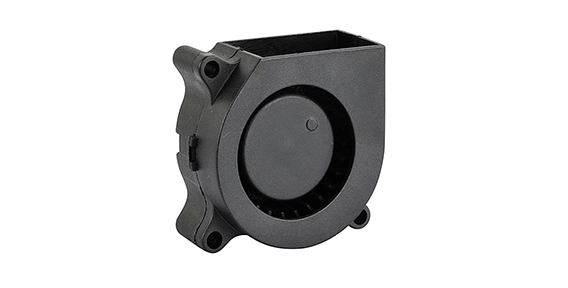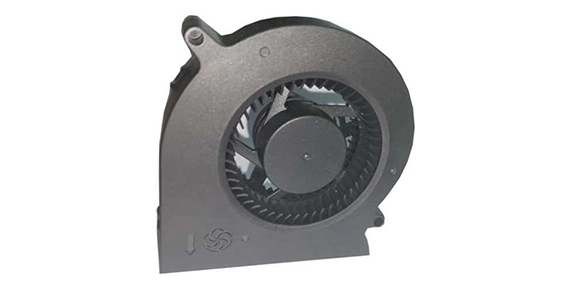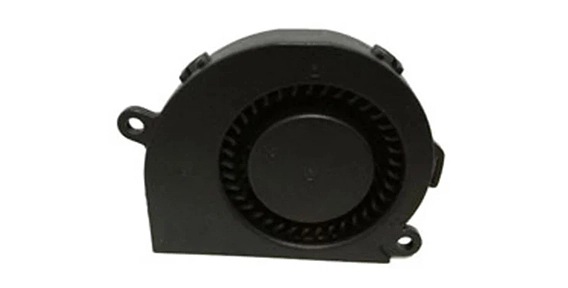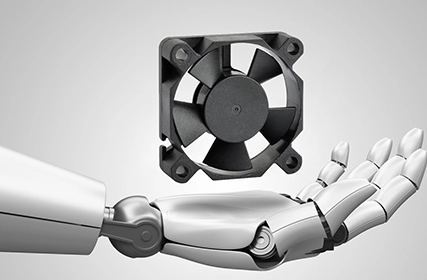Automotive cooling fans play a crucial role in maintaining the optimal operating temperature of a vehicle's engine. However, these fans can also have a significant impact on fuel efficiency. In this article, we will explore how car blower fans affect engine efficiency and discuss the innovative technologies being employed to optimize fuel consumption.
Understanding the Balance: Car Blower Fan and Engine Efficiency
The car blower fan is responsible for cooling the engine by drawing air through the radiator. While this is necessary for preventing overheating, it can also consume a considerable amount of energy, resulting in decreased fuel efficiency. Striking a balance between the cooling requirements and engine efficiency is crucial.

One approach to enhancing fuel economy is the use of lightweight designs for axial fan uses. By reducing the mass of the fan components, the engine has to work less, resulting in improved fuel efficiency. Manufacturers are incorporating materials like aluminum and composite plastics to achieve this weight reduction without compromising performance.

Car Blower Fan: Adapting to Optimize Fuel Consumption
Automakers are increasingly focusing on adapting car blower fans to optimize fuel consumption. Variable-speed fans, for example, allow the fan to operate at different speeds depending on the cooling requirements. This way, the fan's energy consumption is minimized during periods of lower engine heat, reducing fuel usage.
Intelligent Cooling Systems: Taking Efficiency a Step Further with Car Blower Fan
The future of automotive cooling fans lies in the development of intelligent cooling systems. These systems use advanced sensors and algorithms to analyze the engine's temperature, load, and driving conditions to adjust the fan's speed and airflow. By tailoring the cooling requirements to specific situations, fuel efficiency can be maximized without compromising engine performance.
The Future of Efficiency: Innovations in Car Blower Fan Technology
Innovations in car blower fan technology are paving the way for increased fuel efficiency. For instance, some manufacturers are exploring the use of brushless motors instead of traditional brush motors. Brushless motors are more efficient, generate less heat, and consume less energy. Additionally, advancements in aerodynamic design are minimizing air resistance, further enhancing fuel economy.
As we strive for more fuel-efficient vehicles, the impact of automotive cooling fans on fuel efficiency cannot be ignored. By understanding the balance between cooling requirements and engine efficiency, integrating lightweight designs, adapting fans to optimize fuel consumption, and employing innovative technologies, automobile manufacturers are continuously improving the efficiency of car blower fans. These advancements are not only reducing fuel consumption but also contributing to a greener and more sustainable future for the automotive industry.

 EN
EN 

 +
+
 +
+
 +
+



